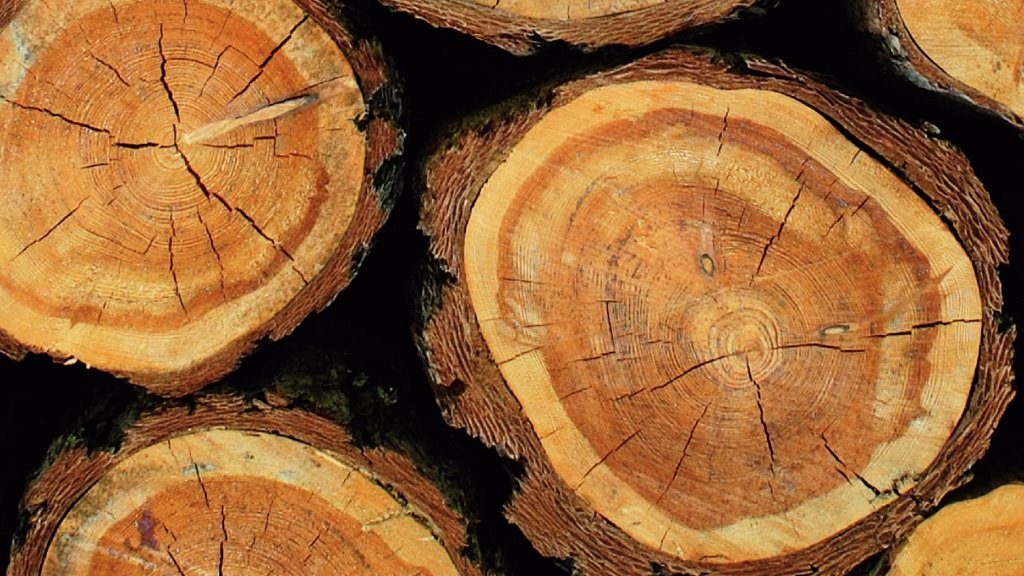Environment
Does sustainable tropical wood have a future?
The numbers are sobering: more than 20 years after the founding of FSC and PEFC, only 6% of the tropical timber traded worldwide comes from certified sustainable sources. At the same time, between 25% and 70% of the tropical timber processed in the producing countries comes from illegal overexploitation. The management consultancy PriceWaterhouseCoopers (PWC) compiled the data on behalf of the European Sustainable Tropical Timber Coalition (STTC) summarized in a market analysis.
And yet it moves
So are all efforts for an ecological turnaround in tropical forestry in vain? No, so the conclusion of the authors of the study, because recently there has been movement in the market. The Lacey Act in the USA and the European Union Timber Regulation (EUTR) in Europe have tightened import regulations on the legal side. It has now become more difficult for illegal timber to enter the European trade.
However, there is also a restriction here: Sustainable forest management is not a condition for legal origin. Many countries also confirm the legal origin of wood if it comes from clear-cutting and fodder maize or palm oil are now grown on the former forest areas. Only the FSC® certificate, which places relatively high ecological demands on forestry and sawmills, offers a sure compass. The EUTR is only a first step here, but at least in the right direction.
More certification – but also more market?
Even in the run-up to the new, stricter regulation, a significant increase in certified forest areas could be observed:
Ultimately, however, it is the consumer who decides how sustainable this positive development is. Because certified tropical wood only has a future if there are buyers who value the responsible origin of their decking.
Download the STTC study “Mainstreaming Sustainability in Tropical Timber” (PDF)


